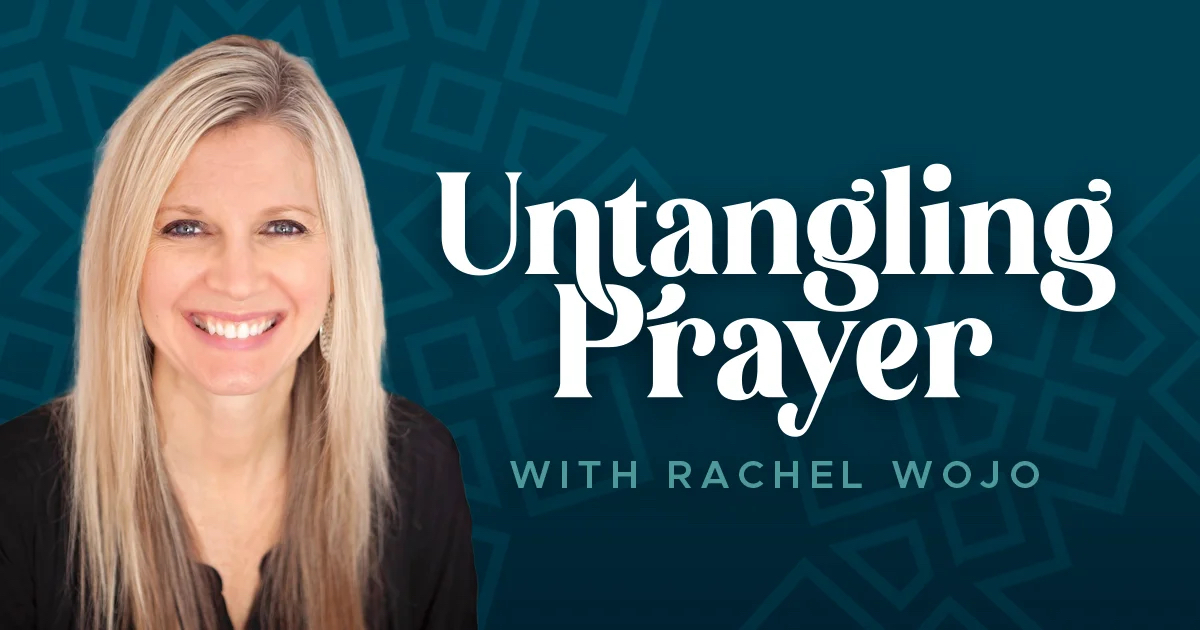
Understanding How God Wired Your Spouse
By: Betsy St. Amant Haddox
In the same way, husbands should love their wives as their own bodies. He who loves his wife loves himself. - Ephesians 5:28 (ESV)
If you haven’t noticed yet, you’re different than your spouse (ha!). Whether you have much in common or are more prone to the “opposites attract” concept, you have your own unique personality and quirks that are different than your spouse.
I learned early on in my marriage that I receive and give love in ways that my spouse doesn’t, and vice versa. You’ve probably heard of the five Love Languages, created by Gary Smalley. It suggests that everyone has one or two main ways of receiving love that fills them up. These five categories include physical touch, quality time, acts of service, words of affirmation, and receiving gifts. Over the years, your language might change, but overall, for at least a season of your life, you tend to feel the most loved when receiving love in one of these “languages.”
My love language was always physical touch, but over the last few years, it’s changed into quality time. That means, for now, I feel the most loved and connected when my spouse is intentionally sitting down with me, just us. When my husband, whose love language is words of affirmation, builds me up, it doesn’t hit the same chord as it does when he chooses to talk with me, instead of watching his favorite show on TV. And vice versa—when I clear my schedule for him, clean the house, or offer a hug, it doesn’t fill him up the way that genuine praise and compliments do.
Understanding your spouse is key to knowing—and appreciating—your unique differences in how God made you.
Another interesting way to see the differences in how God wired us as couples is via the Enneagram. While there is no “one personality fits all” box that people fit into, the Enneagram does provide a glimpse at how people tend to lean in a particular “number” direction and share characteristics of that number.
For example, according to the Enneagram, a person who is a 2 personality is known as the Helper. They’re typically eager to please (often to a detriment) and can tend to be passive or hold back their opinions in order to avoid conflict. However, an 8 personality is typically bold and assertive (also often to a detriment). A 2 needs to feel heard and like their help is appreciated, whereas an 8 needs to be able to lead and not feel run over by others.
Each number (1-9) represents a personality group with its needs, defaults and fears that are often very much on target. Of course, there are exceptions, and the enneagram should never be taken too seriously, but it can serve as a valuable tool in knowing your spouse. It helps show you the way they’re wired. For example, my spouse (who is a 5) requires a lot of alone time. For someone like me whose love language is quality time, this can often cause conflict because it’s easy for me to take that as an insult. But because I know this is the way God created him and is a true need in his life as a 5, I can choose not to take it personally and understand it’s how he’s wired. In the same way, he can set aside his own needs at times in order to sacrificially fill my tank!
Listen to our Enneagram of Personality Podcast and Find Out How God Has Uniquely Wired You!

Whatever your love language or Enneagram number is, one fact remains the same—it’s all about compromise. When you know your spouse’s number and all the nuances involved, it can open your eyes to understanding them in a whole new way. And with understanding comes a natural outpouring of compassion, love and patience.
Betsy St. Amant Haddox is the author of over sixteen inspirational romance novels and novellas. She resides in north Louisiana with her drummer of a hubby, two story-telling young daughters, a collection of Austen novels, and an impressive stash of pickle chips. Betsy has a B.A. in Communications and a deep-rooted passion for seeing women restored in Christ. When she's not composing her next book or trying to prove unicorns are real, Betsy can usually be found somewhere in the vicinity of a white-chocolate mocha. Visit her and see a list of books at http://www.betsystamant.com./
 Related Resource: How to Make Your Prayer Habits Stick
Related Resource: How to Make Your Prayer Habits Stick
Have you ever thought: "I wish I would have prayed first?"
Remembering to make prayer our first option over others in times of crisis, need, or our everyday lives can be challenging. We've all experienced the many distractions that circumvent our prayer intentions.
Join Rachel on Untangling Prayer as she shares James Clear's 4 laws of behavior change and how they apply to our prayer lives.
You won't want to miss the amazing answer to prayer and sweet affirmation she also shares as a beautiful example of how God works in our lives today! If you enjoy this episode, be sure to subscribe to Untangling Prayer on Apple or Spotify so you never miss an episode! Rachel also has a new book called Desperate Prayers: Embracing the Power of Prayer in Life's Darkest Moments.